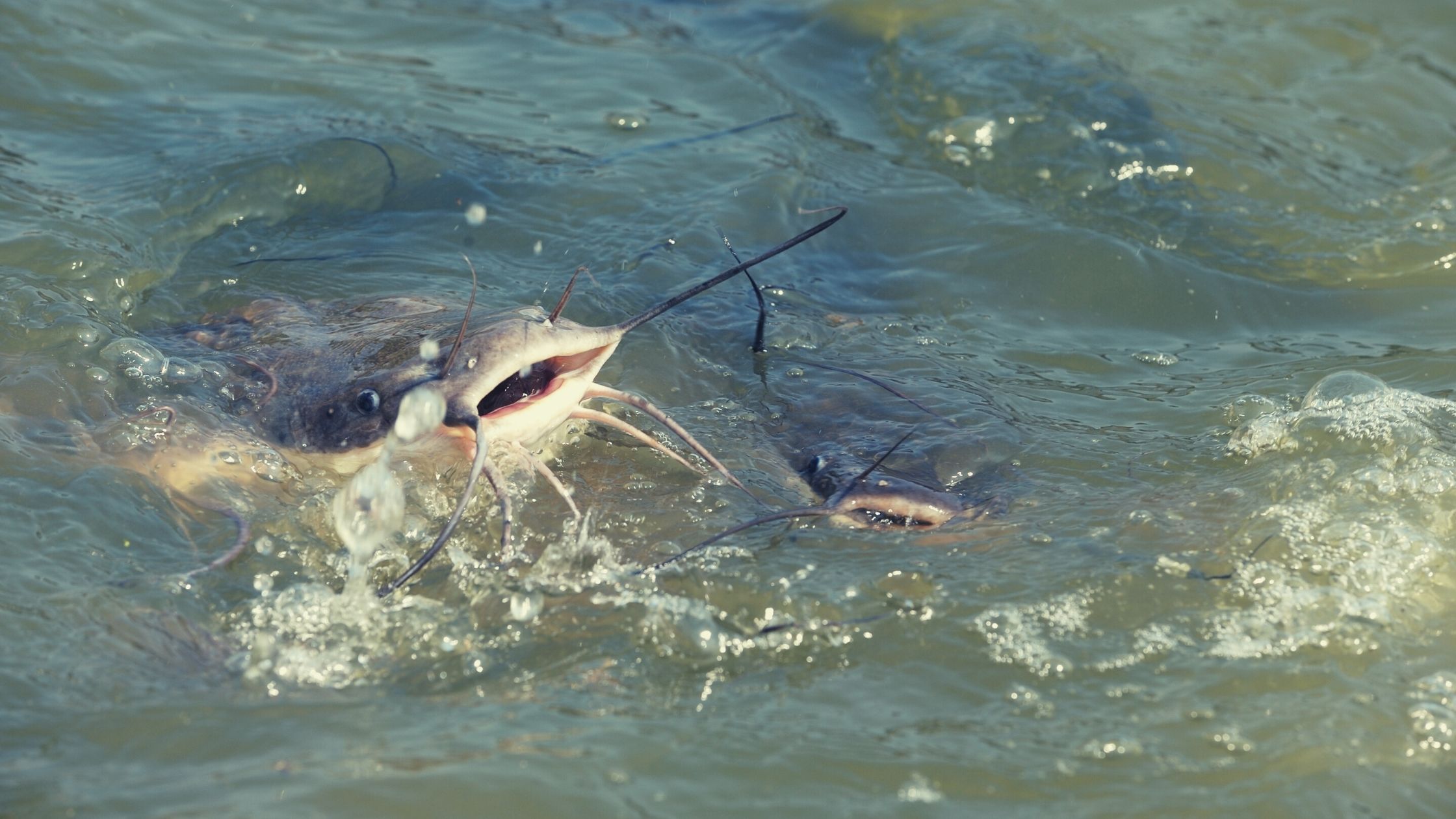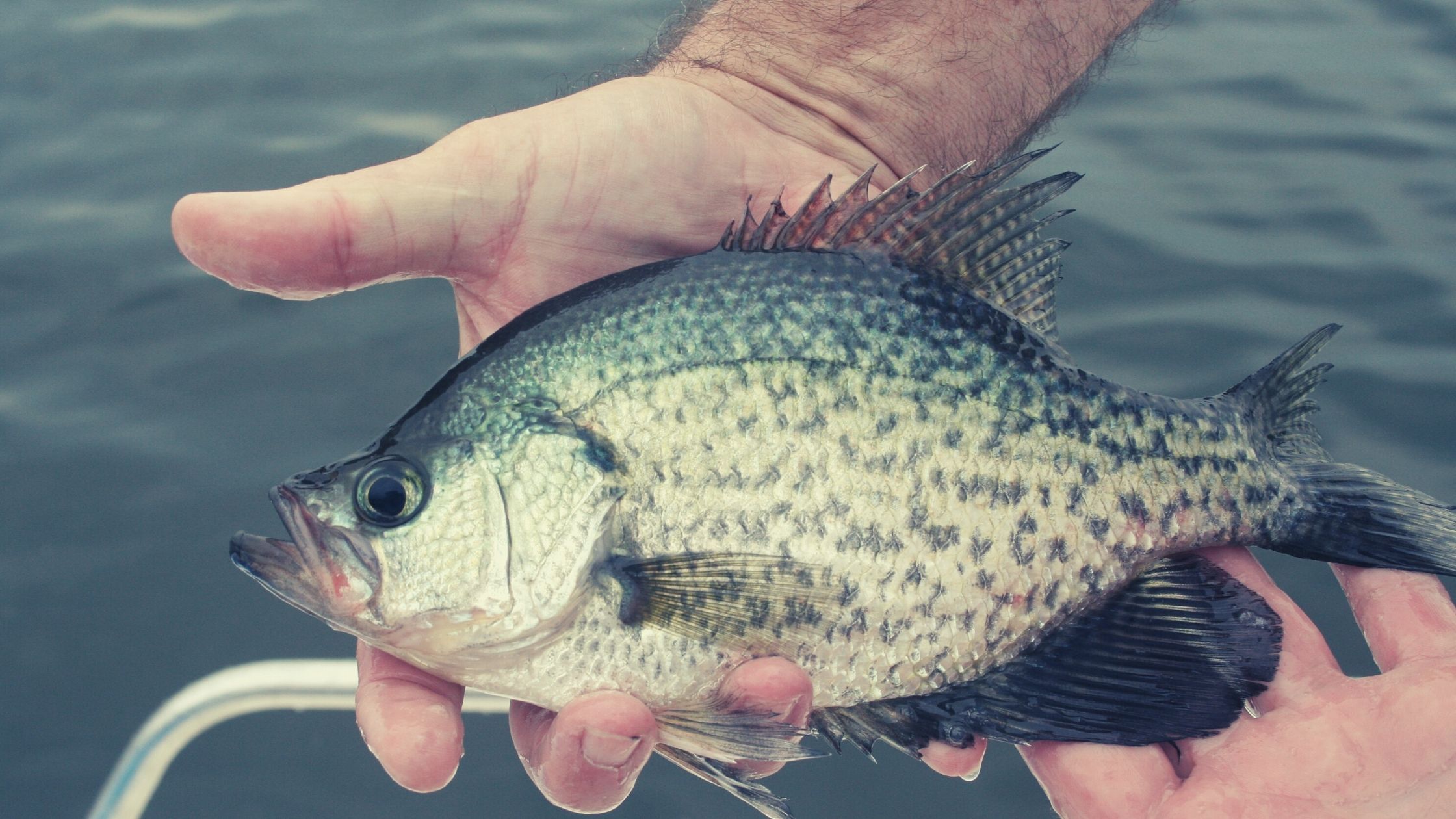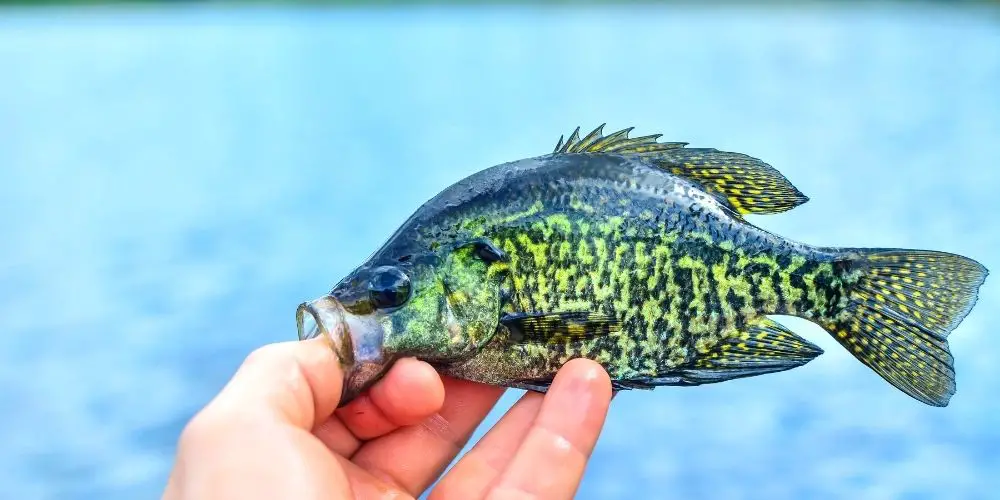Are your fishing hooks feeling a bit neglected? If they’re covered in rust, it’s time to give them some TLC. Rust not only weakens the hooks but also decreases their effectiveness in luring the big catch. Don’t worry, though – getting rid of rust on fishing hooks is easier than you might think.
In this article, we’ll share expert tips and techniques to help you restore your hooks to their former glory. Get ready to reel in the fish with rust-free hooks that’ll make you the envy of every angler on the water.
Key Takeaways
- Rust on fishing hooks is caused by factors such as water exposure, saltwater, humidity, and improper storage.
- Cleaning techniques for removing rust from fishing hooks include using cleaning products specifically designed for rust removal, homemade solutions like vinegar and salt, lemon juice, and baking soda paste.
- Preventing rust on fishing hooks involves regularly cleaning and drying hooks, rinsing with fresh water, applying a thin layer of lubricant, and storing hooks in a dry place with desiccant packs or silica gel.
- Overall, it is important to regularly clean and dry hooks, assess and remove rust, and follow proper storage and maintenance practices to prevent rust and maintain the performance and longevity of fishing hooks.
Understanding the Causes of Rust on Fishing Hooks
Understanding the causes of rust on fishing hooks can help you prevent it from occurring in the first place. As an experienced angler, it is important to be knowledgeable about the factors that contribute to rust formation.
Contrary to popular belief, rust is not solely caused by water exposure. While water can accelerate rusting, it is not the only culprit. Other factors include exposure to saltwater, humidity, and improper storage.
To effectively prevent rust on your fishing hooks, it is crucial to debunk some common myths. Firstly, coating your hooks with oil or using stainless steel hooks will not guarantee rust prevention. Instead, focus on regularly cleaning and drying your hooks after use, storing them in a dry place, and using rust prevention products such as rust inhibitors or corrosion-resistant sprays.

Assessing the Damage: How to Identify Rust on Fishing Hooks
To determine if your fishing hooks have rust, you can quickly assess the damage by examining the color and texture. Here’s how to identify corrosion on your fishing hooks:
- Color: Rust on fishing hooks typically appears as a reddish-brown discoloration. Look closely at the surface of the hook for any signs of this distinct color.
- Texture: Rust can cause the surface of the hook to become rough and pitted. Run your fingers along the hook to feel for any irregularities or rough patches.
- Flaking: Another common indication of rust is the presence of flakes or scales on the hook. If you notice any small pieces coming off, it is likely that your hook is corroded.
- Weakness: Corrosion weakens the integrity of the hook, making it more prone to breaking. Carefully inspect the hook for any signs of weakness, such as bends or cracks.
Contrary to common misconceptions, rust on fishing hooks is not just a cosmetic issue. It can compromise the strength and effectiveness of your hooks, so it’s important to identify and address corrosion promptly.
Cleaning Techniques for Removing Rust From Fishing Hooks
Once you’ve identified rust on your fishing hooks, it’s time to learn how you can effectively clean and remove it. Cleaning rust from fishing hooks is crucial to maintain their performance and longevity. Luckily, there are various cleaning techniques available to help you get rid of rust and restore your hooks to their former glory.
One effective method is to use cleaning products specifically designed for removing rust. These products often contain powerful chemical solutions that break down and dissolve the rust. Simply soak your rusty hooks in the cleaning solution for a designated amount of time, then scrub gently with a brush to remove any remaining rust particles.
Another option is to create your own homemade cleaning solution using common household items. For example, a mixture of vinegar and salt can work wonders in removing rust from fishing hooks. Soak the hooks in this solution overnight, then rinse and dry them thoroughly.
Natural Remedies for Removing Rust on Fishing Hooks
One option for removing rust on fishing hooks is by using natural remedies, such as lemon juice or baking soda. These DIY rust removers are not only effective but also environmentally friendly. Here’s how you can use them to restore your rusty fishing hooks:
- Lemon juice: Squeeze fresh lemon juice into a bowl and soak the rusty hooks for about 30 minutes. The acidic properties of lemon juice will help dissolve the rust.
- Baking soda paste: Create a paste by mixing baking soda with water until it forms a thick consistency. Apply the paste onto the rusted areas of the hooks and let it sit for a few hours. Scrub the hooks gently with a toothbrush to remove the rust.
- Vinegar soak: Soak the rusty hooks in white vinegar overnight. The acetic acid in vinegar will break down the rust, making it easier to remove.
- Salt and lime juice: Create a mixture of salt and lime juice and apply it to the rusty hooks. Let it sit for a few hours, then scrub the hooks with a brush to remove the rust.
Preventing Rust on Fishing Hooks: Tips and Tricks
Maintain the quality of your fishing hooks by regularly cleaning and drying them after each use to prevent rust.
This is especially important when considering the materials used in fishing hooks. Different materials like stainless steel, carbon steel, or even coated hooks require special care to avoid rust formation.
After each fishing trip, gently remove any debris or dirt using a soft cloth or brush. Then, rinse the hooks with fresh water to remove any salt or chemicals.
To further protect against rust, you can apply a thin layer of lubricant to the hooks. This will create a barrier between the hook and moisture, preventing rust formation.
Remember to store your hooks in a dry place, away from humidity.
Proper Storage and Maintenance of Fishing Hooks to Avoid Rust
To keep your fishing hooks in optimal condition and prevent rust, it’s important to store them in a dry place away from humidity. Here are some rust prevention techniques for proper fishing hook storage:
- Choose the Right Container: Use a tackle box or a fishing hook organizer with individual compartments to keep hooks separated and prevent them from rubbing against each other.
- Add Desiccant Packs: Place desiccant packs in the container to absorb any moisture and keep the hooks dry. These packs are commonly found in shoeboxes and electronics packaging.
- Use Silica Gel: Another option is to place silica gel packets with the hooks. Silica gel is a moisture-absorbing substance that will help keep the hooks dry and prevent rust.
- Apply Rust Inhibitor: Before storing your hooks, apply a rust inhibitor product to create a protective barrier. This will help prevent rust from forming even in humid environments.
Frequently Asked Questions
Can I Use Regular Household Cleaning Products to Remove Rust From Fishing Hooks?
You can use regular household cleaning products to remove rust from fishing hooks. However, using vinegar is a highly effective method. There are also alternative methods available for removing rust from fishing hooks.
How Long Does It Take for Rust to Form on Fishing Hooks?
To prevent rust on fishing hooks and ensure their longevity, it is important to follow best practices for storing them. By properly cleaning and drying your hooks after each use, you can avoid rust from forming.
Can I Still Use Fishing Hooks With Minor Rust Damage?
You can still use fishing hooks with minor rust damage, but it’s best to remove the rust for optimal performance. There are alternative methods for removing rust, ensuring your hooks are ready for your next catch.
Are There Any Special Tools or Equipment Needed for Cleaning Rust off Fishing Hooks?
To clean rust off fishing hooks, you don’t need any special tools or equipment. There are various cleaning methods you can try, such as using vinegar, lemon juice, or baking soda. These alternative rust removal options can be quite effective.
Is It Necessary to Clean Fishing Hooks After Every Use to Prevent Rust?
To prevent rust on your fishing hooks, it’s essential to clean them after every use. Proper storage is also important. Keep your hooks dry and organized in a tackle box to preserve their quality.
Conclusion
Congratulations, my fellow angler, you’ve now become a master in the art of banishing rust from your precious fishing hooks.
With your newfound knowledge and expertise, those pesky orange stains will be nothing more than a distant memory.
From understanding the causes of rust to implementing cleaning techniques and natural remedies, you are armed with a wealth of information.
Remember to store and maintain your hooks properly to prevent future rusting.
Now, go forth and conquer the waters with your gleaming, rust-free hooks.
Tight lines and happy fishing!



